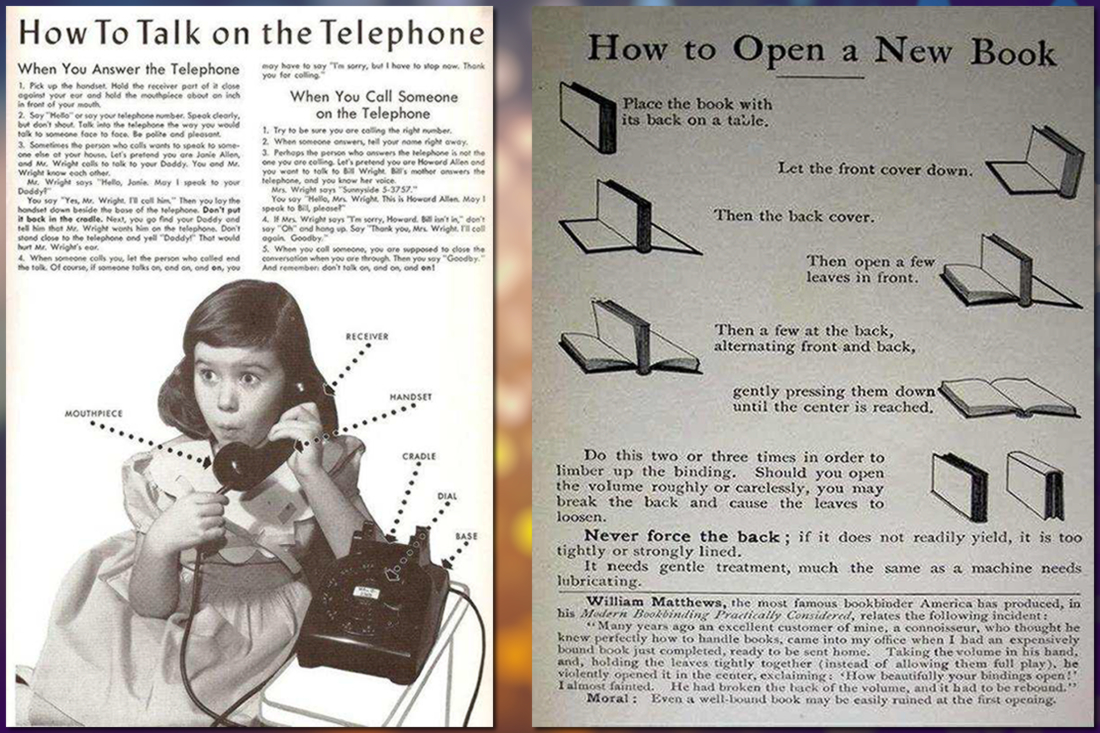Clearview® Performance Systems brings you ...  ® ... a Culture of Results & Engagement®
® ... a Culture of Results & Engagement®
Clearview® Performance Systems brings you ...  ® ... a Culture of Results & Engagement®
® ... a Culture of Results & Engagement®
Here's the next in our series of weekly managerial TIPS (Techniques, Insights, and Practical Solutions)
to help you better engage your team in the activities that lead to higher performance.
CORE Bites Issue #97
(October 20, 2020)

Stop what you're doing right now and listen ... listen closely ... hear that? That "whooshing sound" you (probably) didn't hear is the sound of all the new knowledge that's been identified since you started reading this.
In his book, Critical Path (1981), architect, systems theorist, futurist, and inventor, Buckminster Fuller introduced the "knowledge-doubling curve." This now-famous timeline depicted the pace of human advancement from the beginning of time. For much of human history that timeline remained relatively flat. But—with the introduction (and subsequent proliferation) of the printing press around 1500—the pace of growth in human knowledge started to accelerate with a doubling occurring after about 250 years; after another 150 years (~1900), human knowledge had doubled again; by the end of World War II knowledge was doubling every 25 years; in 2014, human knowledge was estimated to be doubling every 13 months. With the internet and other advances in human communication and data storage, IBM predicts that by 2020 human knowledge will double every 11 hours!
Hold on! It IS 2020! This explains my Infowhelm!
So, in an era when electronics manufacturers produce more transistors than all the world's farmers grow grains of rice, all of this knowledge and all of this information has made life much simpler, right?
The answer would be a resounding "yes" if all of this knowledge and all this information was relevant ... but it's not. In fact, the vast majority of knowledge available at our fingertips is irrelevant, inaccurate, and/or misleading. In essence, all of this additional knowledge just gives us many more puzzle pieces to work with but no clear direction as to where they fit.
This week I'm going to tackle how to discern the NUGGETS from all the NOISE; how you can shift your emphasis (as well as your team's) from a 'gathering more information' mindset to a 'harvesting the needed knowledge' mindset; from trying to drink from a firehose to, instead, controlling the flow with an Information Faucet—keeping knowledge on tap.
[Masthead images courtesy of Penny & Andy Van Leeuwen]
This week (starting today), keep track of those situations when a decision can't be made because of a lack of (relevant) information or when conflicting information exists. Look for ways to incorporate the HVAs below to shed excess information and extract the wisdom you need:
I'd love to hear how these HVAs work for you!
Neil Dempster, PhD, MBA
RESULTant™ and Behavioral Engineer
"The goal is to turn data into information and information into insight."
— Carly Fiorina —
